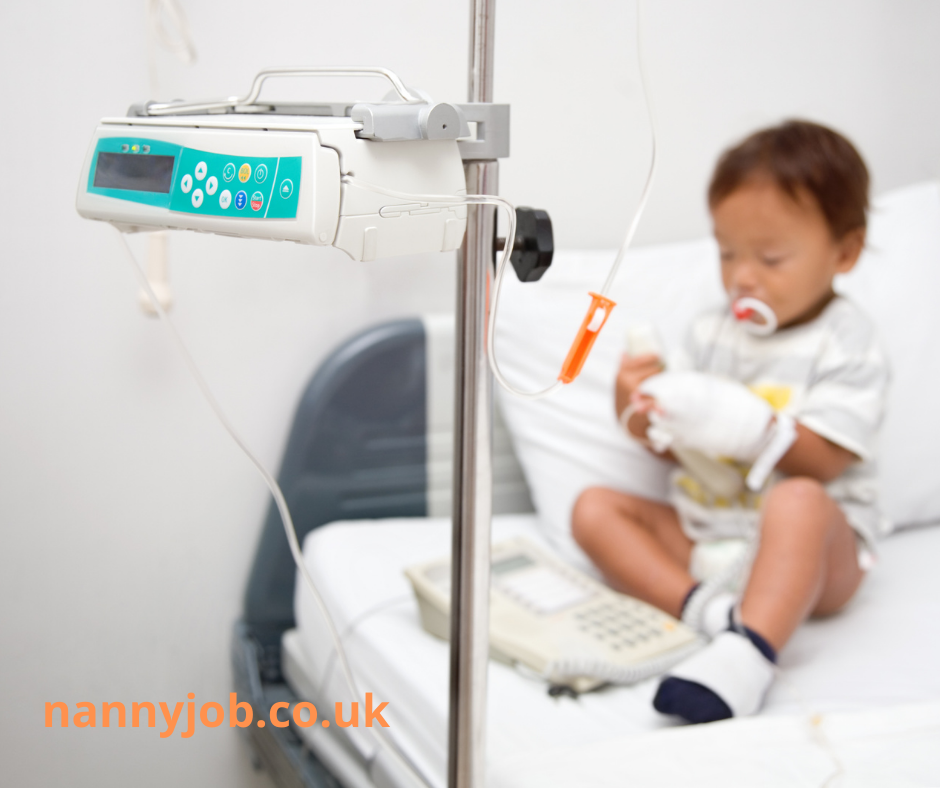Writing a nanny a reference can be tough. It usually means your childcarer is moving on and whether it’s your choice or theirs it’s often an emotional time. A glowing reference will help your nanny find a wonderful new job and show them how much you appreciate the job they’ve done for you.
 Writing a nanny a reference can be tough. It usually means your child carer is moving on and whether it’s your choice or theirs it’s often an emotional time. A glowing reference will help your nanny find a wonderful new job and show them how much you appreciate the job they’ve done for you.
Writing a nanny a reference can be tough. It usually means your child carer is moving on and whether it’s your choice or theirs it’s often an emotional time. A glowing reference will help your nanny find a wonderful new job and show them how much you appreciate the job they’ve done for you.
A good reference is about a page of A4 long. It often takes the form of a letter and includes your contact details so prospective employers can contact you. It should be written in the first person and split into easily readable paragraphs, each with a theme, for example your nanny’s day to day duties, their attitude to work, any particular skills they have and times they’ve gone above and beyond. You might find it helpful to refer to previous annual performance reviews when you sit down to write.
Give plenty of detail about your nanny’s current job and how that has evolved over time. If your nanny started when your child was a baby and they’re now at school you have 4+ years of very varied duties to cover! Don’t assume that a new-to-the-nannying-world prospective employer will know what ‘usual nursery duties’ or ‘daily care’ involves. Expanding on these shows what your expectations of your nanny were on a day to day basis, and of course you should comment on how well these expectations were met.
Providing specific examples will also help a prospective employer build up a complete picture of your nanny. Perhaps your nanny helped your child overcome shyness or transformed a fussy eater? By giving details of how they accomplished that you can demonstrate their approach to the children in their care as well as showcasing a positive impact they’ve had on your family.
Think about the kind of skills or attributes you really appreciate in your nanny. If your nanny is very organised or an excellent time-keeper then mention that in their reference. If the children are always laughing when you come home in the evening or they always have something they created that day to show you then share that with prospective employers. Bear in mind when writing a reference that your nanny may not always work as a nanny, or even in childcare, so highlight two or three highly transferrable skills.
A trickier task is writing a reference for a nanny who has been less than satisfactory. In this case a brief reference confirming length of employment and duties with an invitation for prospective employers to contact you will be more than sufficient.
Expect to be contacted whether you give a positive or neutral reference. Prospective employers will want to both check the veracity of your reference and ask detailed questions of their own. Be factual and honest – if they ask whether you ever needed to use a disciplinary procedure and you did then you should answer the question fully and truthfully. If that was the cause for terminating the nanny’s employment you are allowed to share that. If it was resolved satisfactorily use it as an example of how your nanny took your feedback on board and improved their performance.
Writing a reference is one of the kindest and most lasting things you can do for an excellent nanny and it will serve them all through their career, so it’s worth taking the time to do the task fully and well.








 Most children will end up visiting the hospital at some point in their life. The lucky ones have a quick trip to A&E and go straight home but sometimes a longer stay is needed. This can be a very testing time for the family and you may need to step into the breach to provide support but it can be difficult to know what to do beyond keeping everything ticking over.
Most children will end up visiting the hospital at some point in their life. The lucky ones have a quick trip to A&E and go straight home but sometimes a longer stay is needed. This can be a very testing time for the family and you may need to step into the breach to provide support but it can be difficult to know what to do beyond keeping everything ticking over. Writing a nanny a reference can be tough. It usually means your child carer is moving on and whether it’s your choice or theirs it’s often an emotional time. A glowing reference will help your nanny find a wonderful new job and show them how much you appreciate the job they’ve done for you.
Writing a nanny a reference can be tough. It usually means your child carer is moving on and whether it’s your choice or theirs it’s often an emotional time. A glowing reference will help your nanny find a wonderful new job and show them how much you appreciate the job they’ve done for you.

